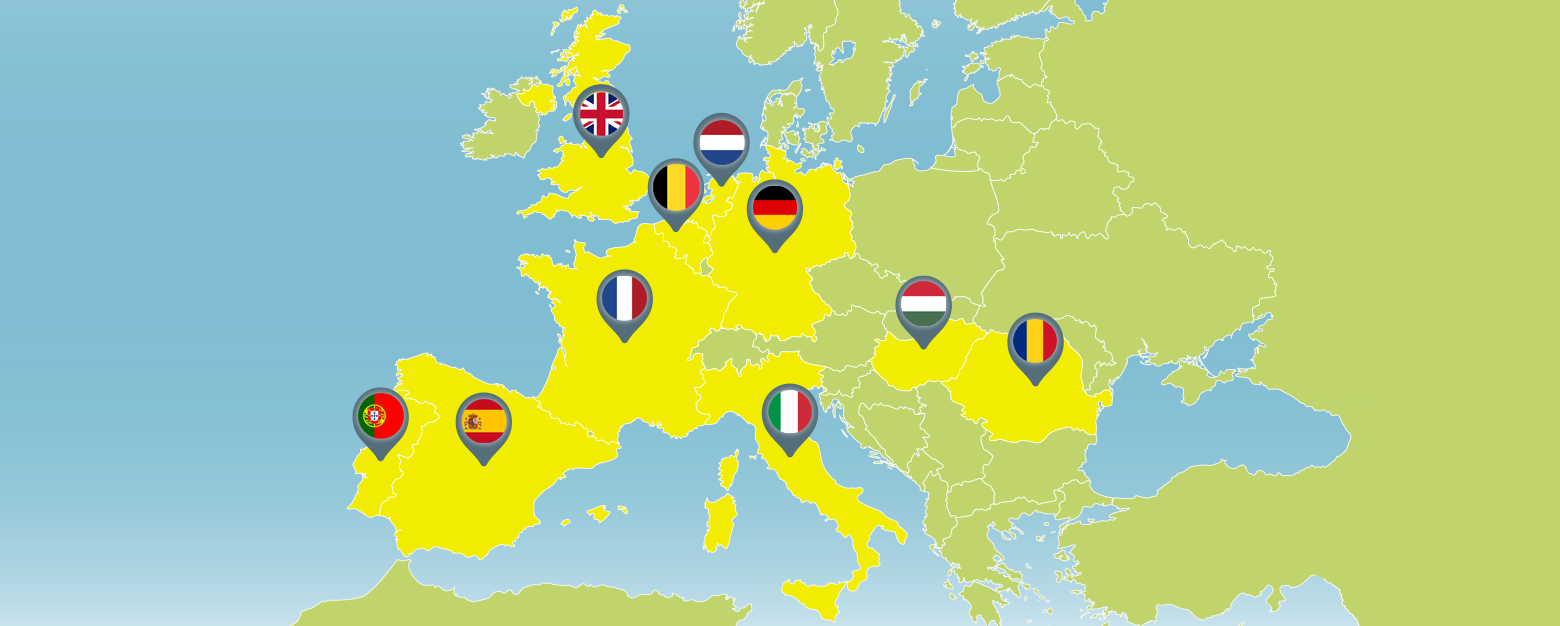
The European Union of Water Management Associations (EUWMA) represents public, local and regional water management organizations from ten EU member states: Belgium, Italy, Hungary, Germany, France, Spain, Portugal, United Kingdom, Romania and the Netherlands. EUWMA members are public institutions with legal powers.
EUWMA was established in 1996 with the primary aim to increase cooperation between European Water Management Associations, so as to provide relevant information, position papers and policy documents to national governments, the European Commission, the European Parliament and other relevant institutions. In addition, EUWMA promotes the exchange of knowledge and best practices between members. In our view, EU water legislation can only be successful if water is managed at regional level. As water challenges vary in different river basins, solutions should be tailored to local conditions, rather than the ‘one-size-fits-all’ approach often favoured by national government departments.
We stand for good and efficient water management, at regional and national level as well as in Europe.
Meindert Smallenbroek
Secretary General of EUWMA